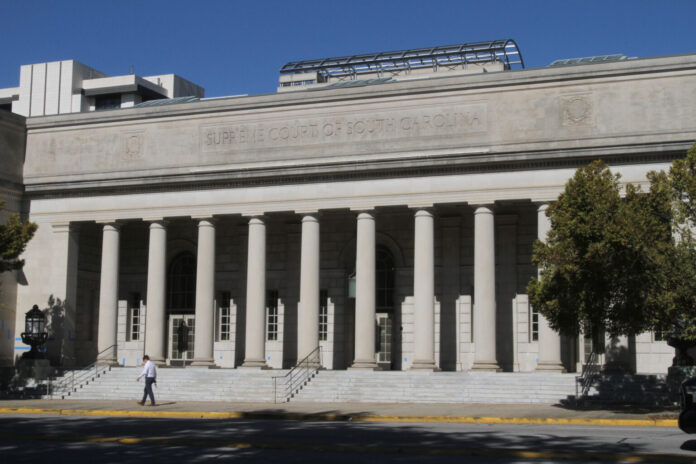
In response to a South Carolina Supreme Court ruling that halted payments for private school tuition, the state’s Department of Education is urging the court to allow taxpayer-funded scholarships for K-12 students to continue through the end of the current school year. The ruling, issued on September 11, abruptly ended the state’s school voucher program, affecting nearly 1,500 students who relied on these funds for private tuition.
State Superintendent Ellen Weaver, alongside Governor Henry McMaster, is requesting a delay in the ruling’s implementation. Weaver argues that this would prevent chaos for families forced to transfer their children back to public schools mid-year. “These children’s school year will be thrown into chaos,” the department’s petition reads, urging justices to allow payments until June 1, 2025. According to the filing, around 700 students had already made tuition payments before the ruling took effect, with additional invoices still pending.
The school voucher program, introduced by Republicans in 2022, provided families with $6,000 to cover education-related expenses, including tuition, tutoring, and textbooks. However, the state Supreme Court ruled in a 3-2 decision that the program violated the South Carolina constitution’s ban on using public funds for private education. This decision has caused uncertainty for many low-income families who had enrolled their children in private schools using the scholarships.
Critics of the ruling are concerned that forcing students to transfer mid-year will create instability for both families and schools. Public schools, which may need to accommodate up to 700 additional students, face logistical challenges, while private schools may have already incurred expenses to support scholarship students.
The debate over the voucher program has sparked discussions about the proper use of public funds and the implications of school choice. Proponents argue that it provides critical opportunities for low-income families, while critics highlight constitutional concerns and the potential misuse of funds. The Department of Education’s petition seeks to balance these concerns by allowing current scholarship recipients to finish the year without disruption.
As the legal battle continues, the future of the voucher program remains uncertain. For now, the state awaits the court’s decision on whether to grant a reprieve for families relying on these funds to complete the school year.










